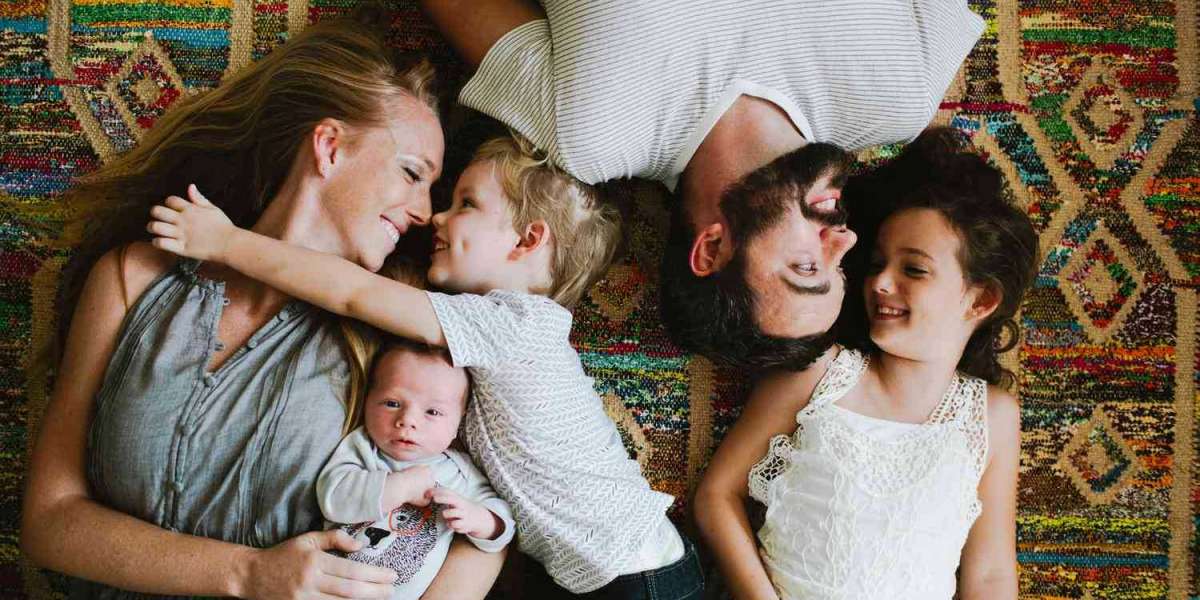Divorce or separation is a challenging time for families, particularly when there are children involved. As parents, it's important to put the needs of your children first and support them through the process. In this blog, we'll explore tips for parenting through divorce or separation.
Keep Your Children Informed: It's important to communicate with your children about what's happening in a way that's appropriate for their age and developmental stage. Children can feel confused and anxious when they don't know what's going on, so keeping them informed can help them feel more secure.
Create a Consistent Routine: Children thrive on routine and consistency, so it's important to establish a new routine as soon as possible. This will help your children to feel more secure and provide a sense of stability during a time of change.
Keep Conflict Away from Children: It's important to keep any conflict away from your children. Children can be negatively impacted by exposure to conflict and it can lead to anxiety and stress. Keep any disagreements or conflicts between parents out of sight and away from the children.
Be Honest with Your Children: It's important to be honest with your children about the changes that are taking place, but also to be mindful of what you say. It's important to avoid making negative comments about your former partner or blaming them for the situation. This can be damaging to your child's emotional well-being.
Encourage Your Children to Express Their Emotions: Children may have a lot of emotions during the divorce or separation process, including anger, sadness, and confusion. It's important to encourage them to express these emotions and to listen to them when they do.
Seek Professional Help: If you or your children are struggling to cope with the changes, it's important to seek professional help. This may include therapy for you or your children, or mediation to help resolve any conflicts.
Maintain a Positive Relationship with Your Former Partner: While it may be difficult, it's important to maintain a positive relationship with your former partner for the benefit of your children. This may include working together on co-parenting arrangements, attending school events together, and communicating in a respectful and positive manner.
Take Care of Yourself: Parenting through divorce or separation can be emotionally and physically draining. It's important to take care of yourself and make time for self-care. This may include getting enough sleep, exercise, and spending time with supportive friends and family.
Create a Co-Parenting Plan: Creating a co-parenting plan can help to establish clear guidelines for how you and your former partner will co-parent your children. This can include arrangements for parenting time, communication, and decision-making.
Be Flexible: It's important to be flexible when co-parenting. This may mean being willing to adjust schedules, accommodate special events, and put the needs of your children first.
In conclusion, parenting through divorce or separation can be challenging, but it's important to put the needs of your children first and support them through the process. By keeping your children informed, creating a consistent routine, keeping conflict away from your children, being honest, encouraging your children to express their emotions, seeking professional help, maintaining a positive relationship with your former partner, taking care of yourself, creating a co-parenting plan, and being flexible, you can help your children navigate the changes with resilience and a sense of security.






